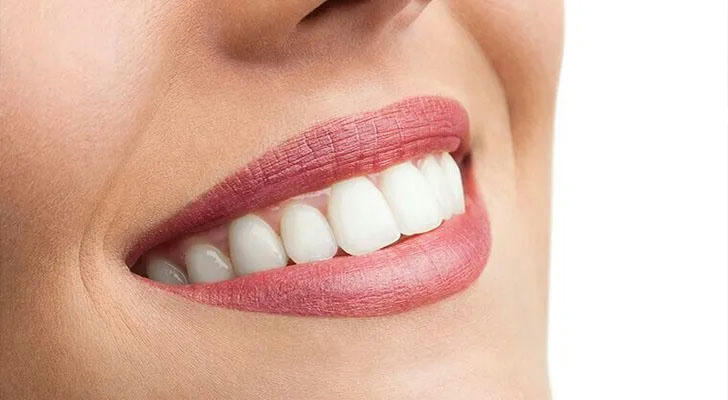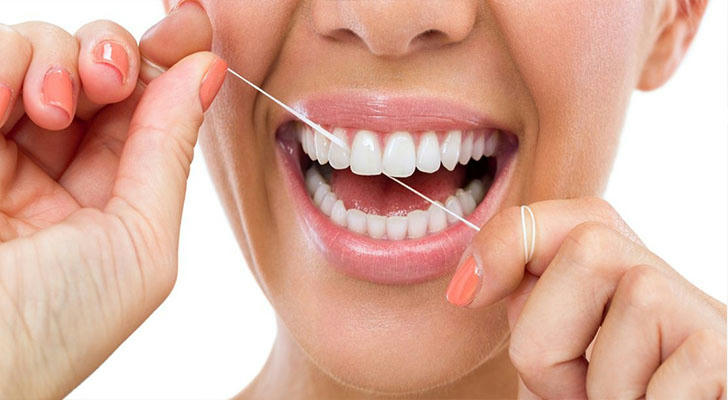Daily Dental Care: Basic Steps to Maintain Oral Health

Oral health is not only important for our smiles but also closely related to our overall well-being. Good dental care habits can prevent cavities, gum disease, and other oral issues, improving our quality of life. This article will introduce you to the basic steps of daily dental care to help you maintain your oral health.
I. Daily Dental Care Basic Steps
1. Proper Brushing
Brushing your teeth is the most crucial step in daily oral care. Here are some specific recommendations:
•Choose the Right Toothbrush: Use a soft-bristled toothbrush to avoid damaging your gums. An electric toothbrush can often provide better cleaning results.
•Brushing Technique: Brush for at least two minutes each time, ensuring you cover all surfaces of your teeth. Hold the toothbrush at a 45-degree angle and brush gently, paying special attention to the surface of your tongue to remove bacteria and odors.
•Frequency: Brush twice a day, in the morning and before bed, to establish good habits.
2. Use Dental Floss

Many people overlook dental floss, but it is essential for cleaning between teeth.
•Importance: Dental floss removes food debris and plaque between teeth, preventing cavities and gum disease.
•How to Use: Use dental floss every night before brushing your teeth to ensure every gap is cleaned. Gently slide the floss between your teeth, forming a "C" shape and moving it up and down.
3. Use Mouthwash
Mouthwash can further enhance oral hygiene.
•Choose the Right Mouthwash: Use a mouthwash that contains fluoride or antibacterial ingredients to boost oral health.
•Frequency of Use: Rinse with mouthwash after brushing to keep your mouth fresh and reduce bacteria growth.
II. Regular Check-ups and Professional Care
Regular professional check-ups are vital for maintaining oral health.
1. Regular Oral Check-ups
•Frequency: It is recommended to have an oral check-up every six months to catch potential problems early.
•Professional Cleaning: Regular dental cleanings can remove stubborn tartar and plaque, preventing periodontal disease. Professional cleaning also helps you understand your oral health status.
2. Monitor Oral Changes
Self-check for any unusual changes in your mouth, such as bleeding, swelling, or pain, and seek medical attention promptly. Early detection can prevent more serious issues.
III. Diet and Lifestyle Habits

Diet and lifestyle choices have a direct impact on oral health.
1. Healthy Diet
•Eat more fruits and vegetables while reducing sugar intake (such as candies and soft drinks) to protect your teeth.
•Increase foods rich in calcium and vitamin D (like dairy products) to strengthen your teeth. Nuts and fish are also great choices that help maintain healthy bones and teeth.
2. Avoid Bad Habits
•Quit smoking and reduce caffeine intake to prevent oral problems and tooth discoloration.
•Limit carbonated drinks and sugary foods to reduce the risk of cavities. When drinking water, choose plain water or unsweetened beverages to help keep your mouth moist.
IV. Frequently Asked Questions
•How do I deal with sensitive teeth?
Use toothpaste specifically designed for sensitive teeth and consult your dentist for advice. Avoid very hot or cold foods to alleviate discomfort.
•How do I choose suitable dental care products?
Select toothpaste, mouthwash, and other dental products based on individual needs (such as sensitivity or history of cavities). Consulting professionals for recommendations is also a good approach.
V. Real-Life Case Study
Ms. Li is a young mother who began focusing on her oral health during her pregnancy. After giving birth, she realized she had neglected her daily care routine, leading to minor cavities. To improve her situation, she decided to take action. Ms. Li started brushing her teeth diligently twice a day, using dental floss consistently, and rinsing with mouthwash at least once a week. Additionally, she visited her dentist regularly for check-ups and cleanings. After several months, she not only successfully treated her cavities but also improved her overall oral health condition. Ms. Li now places great importance on her family members' oral care and strives to instill good habits in her children from an early age.
VI. Conclusion
The importance of daily dental care cannot be overlooked; maintaining good oral health through simple and actionable steps can significantly reduce the risk of dental issues. Developing proper brushing habits, scheduling regular professional check-ups, and paying attention to diet and lifestyle choices will help you achieve a healthy and beautiful smile. We hope this article provides you with practical guidance for more effective daily care!
